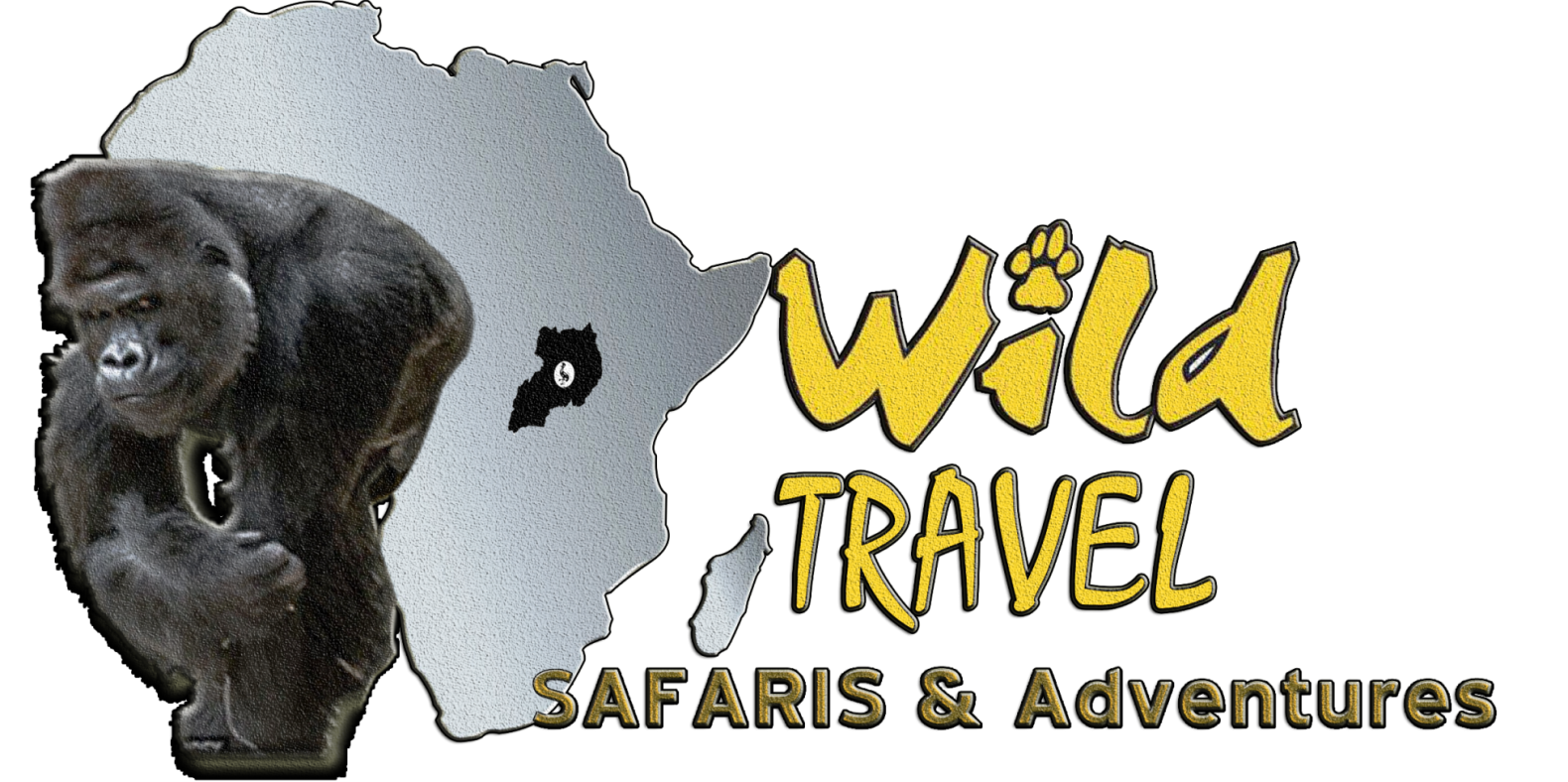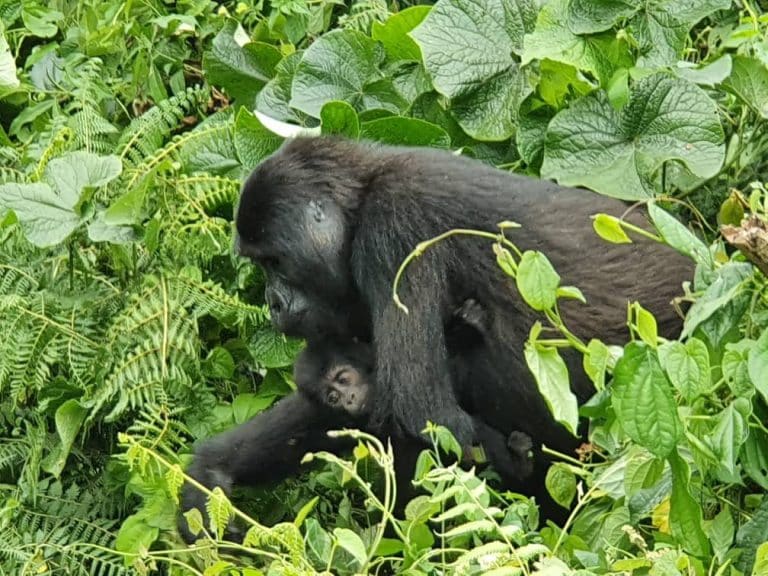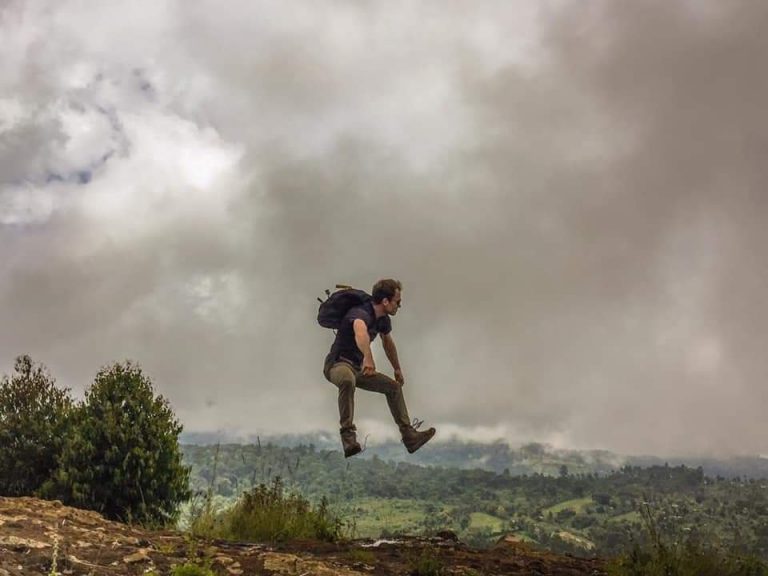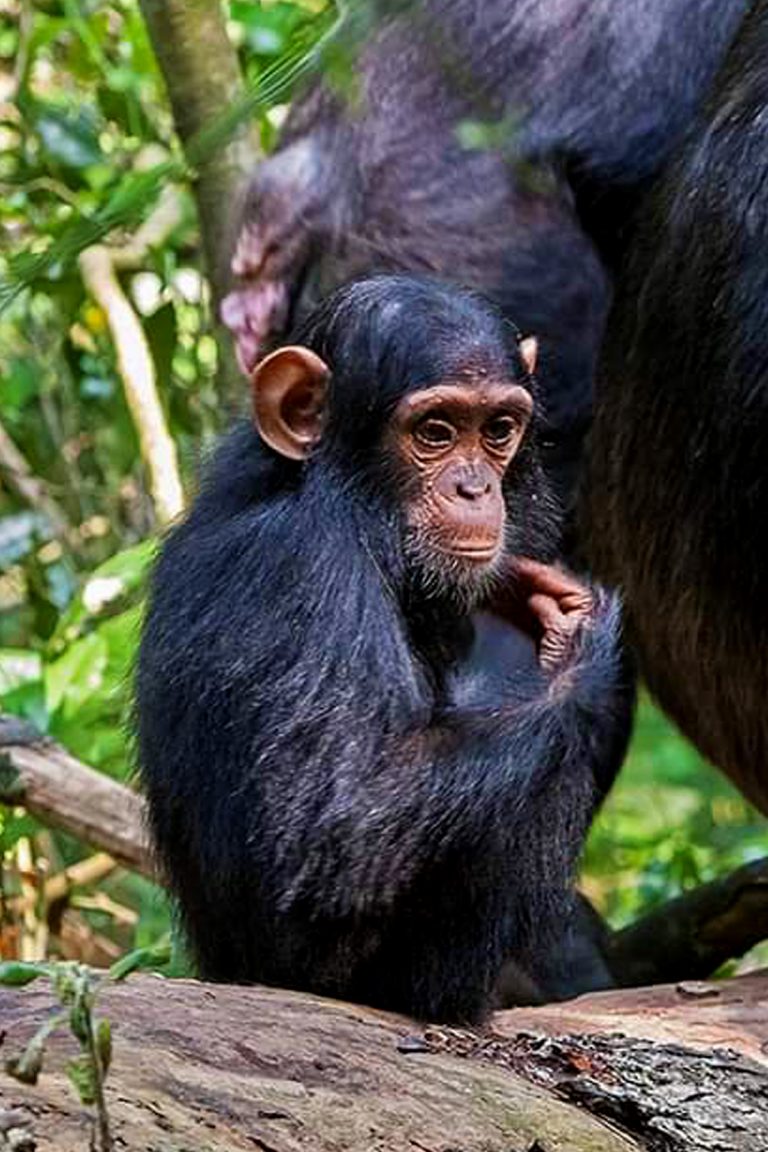The World is Opening up to Safaris Yet Again
The World is Opening up to Safaris Yet Again
There is no hiding the fact that our travel dreams have nearly all been vanquished this year. Whether you were hoping to relax on the beach or head onto a fun-filled safari, travel has been disrupted in ways we could never have imagined at the start of the year.
However, there appear to be the green shoots of recovery. Throughout the continent of Africa, countries are slowly opening up and allowing visitors, with some enforcing tougher restrictions than others. Yet, those that can travel and are willing to do so, not only help support those companies and communities that rely heavily on tourism, but will also have an exclusive and intimate experience that would certainly not have been possible in a normal year.
Tanzania
Tanzania has maintained an open-door policy throughout the pandemic, welcoming tourists with open arms months before any other African countries, but its level of visitors are certainly not what they have been in recent years. Home to the incredible wildebeest migration in the Serengeti National Park as well as some other incredible wildlife viewing destinations like the Ngorongoro Crater, Tarangire National Park and Ruaha National Park, destinations for wildlife do not come much better.
There are no restrictions on entering Tanzania, apart from a temperature check upon arrival that was always in place, so there is no stress for passengers worried about being refused entry. All camps and lodges have enforced strict Covid protocols and with visitor levels at an all-time low, the safaris are often exclusive and very intimate.
Kenya
Across the border from Tanzania, Kenya have a slightly stricter policy. They require a negative Covid test no later than 96 hours prior to the departure from the home country of the traveller. Flights between the two countries have also resumed so combining the two is possible again.
Not only has Kenya’s beautiful Masai Mara seen a fraction of the visitors it normally receives, destinations such as Amboseli that are firm favourites with travellers and photographers are nearly deserted. This allows for wildlife sightings to be intimate and unpressured. Travellers can spend as long as they want in animal sightings without worrying about the number of other vehicles in the area.
Uganda and Rwanda
Uganda and Rwanda are both famous for offering fabulous gorilla and chimp trekking experiences. Whilst Rwanda focuses more upon the luxury side of travel, Uganda is for the more adventurous traveller, however with Uganda’s trekking permits being half the amount of Rwanda ($750per person instead of $1,500), this is often the deciding factor.
Both countries have opened up relatively recently to travellers with Rwanda being the stricter of the two on their Covid requirements. Tourists arriving into Rwanda must present a negative Covid-19 test one-hundred-and-twenty hours prior to departure and must undertake a second test upon arrival. A mandatory twenty-four-hour quarantine in your chosen hotel will follow as you await the results of this second test. After a negative result has been given, visitors can go about their holiday as normal.
Uganda on the other hand require proof of a negative test that is within seventy-two hours before travel from a laboratory approved in the country where the journey is initiated, and a temperature check will be undertaken upon arrival.
Whilst normally gorilla treks have a maximum of eight people on them, due to the pandemic that has occurred, a lot of travellers have postponed their trips until next year, so those who do travel now often have the gorilla treks and sightings all to themselves. Mandatory mask wearing is enforced on the treks and this is to ensure the safety of other travellers as well as the gorillas who share approximately 98% of our DNA.



